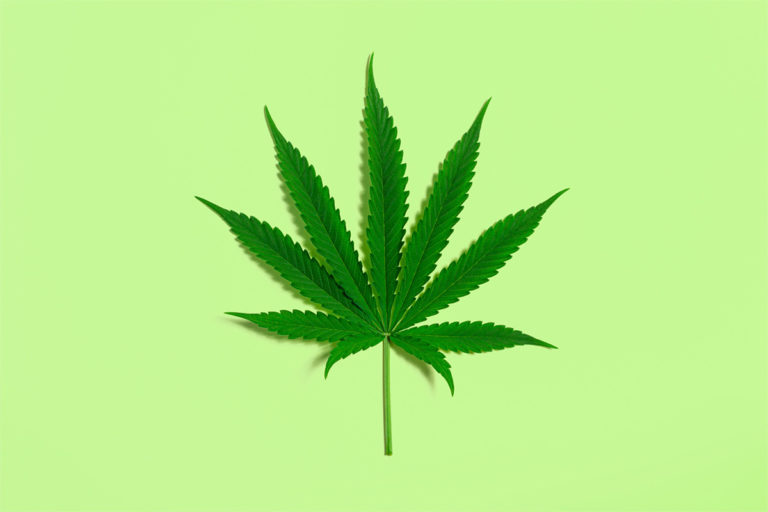Cannabis Extracts are compounds produced from the leaves and other parts of three cannabis plants. These cannabis plants contain more than 120 chemicals called cannabinoids. Cannabinoids have different effects in the brain and the nervous system.
Cannabis is also known as weed, pot and marijuana.
When people use it to relax and feel good (get high) it is defined as a recreational drug and it is illegal in many parts of the United States. But two of the cannabinoids have also shown to have medicinal effects. They are cannabidiol (CBD) and tetrahydrocannabinol (THC). CBD is a non-intoxicating cannabinoid and it won’t get you “high”. It’s been used to reduce pain and to treat different conditions like migraines, anxiety and, nausea and vomiting due to cancer therapies. Because of the medicinal effects, some countries around the world and some states in the US have legalized the use of cannabis. CBD can be found in different products like capsules, oral solutions, oils and ointments.
THC is another major compound in cannabis affecting how the brain works and causing changes in mood and the way you think. These are defined as psychoactive effects and there is no evidence that THC helps with seizures. Some cannabis products can contain just CBD, THC or both. When the product has both, it can have different amounts of CBD or THC.
Clinical research has been playing an important role to determine if cannabis can become an effective addition for seizure control in kids and adults with epilepsy. In 2018, the US Food and Drug Administration (FDA) approved Epidiolex (cannabis with only CBD) to treat some types of epilepsy by reducing the frequency of seizures.
Cannabis has been studied and approved not only for the treatment of epilepsy but for other neurological and psychological conditions showing promising results. Therefore, researchers and healthcare professionals in the epilepsy field continue acquiring knowledge and expertise with regard to the use of different forms of cannabis for drug-resistant epilepsy.
Along with the medicinal effects, cannabis also may cause problematic side effects including lack of energy, feeling sleepy, loss of or decreased appetite, diarrhea, vomiting, increased heart rate, anxiety, fearful feelings or paranoia and seizures.
Cannabis must be prescribed by doctors who are very familiar with the indications, contraindications, how it works if used with seizure medications and side effects.
Cannabis is not for everyone. This treatment option should be discussed with your doctor to better understand the potential effects, benefits and risks for drug-resistant epilepsy.
To learn about cannabis frequently asked questions, download this printable resource.



